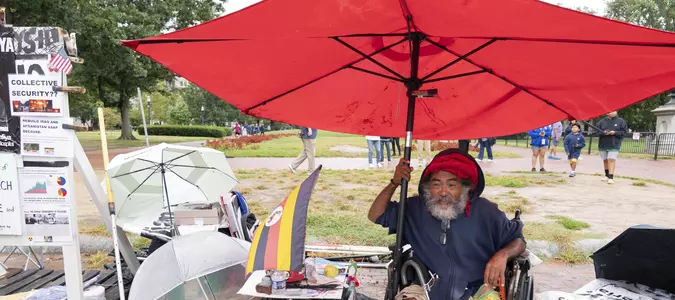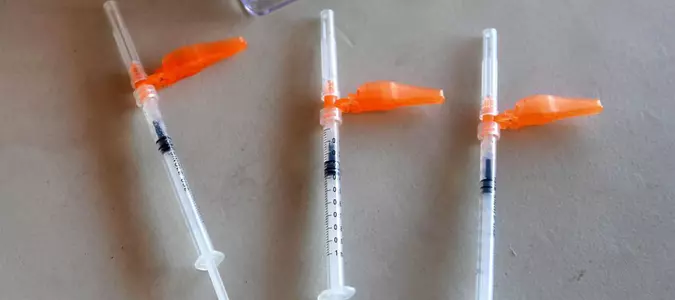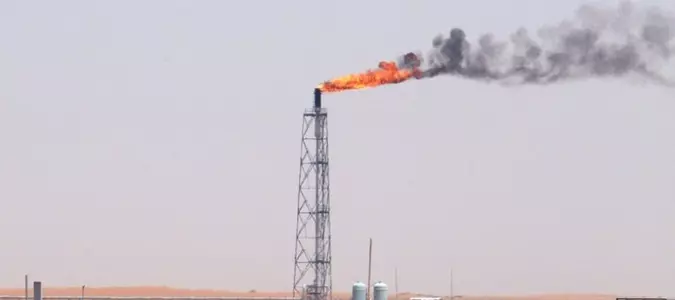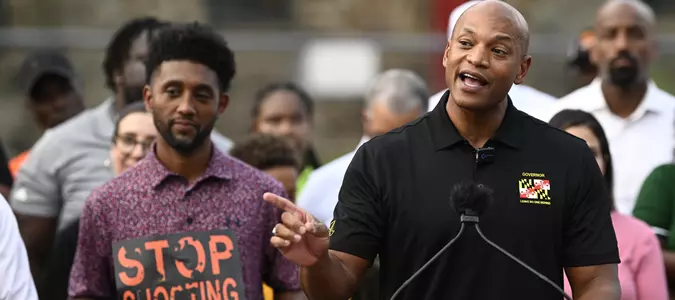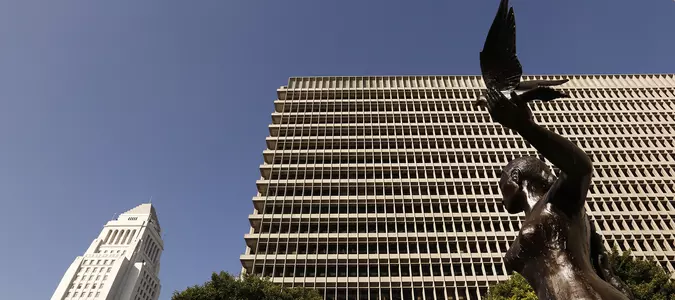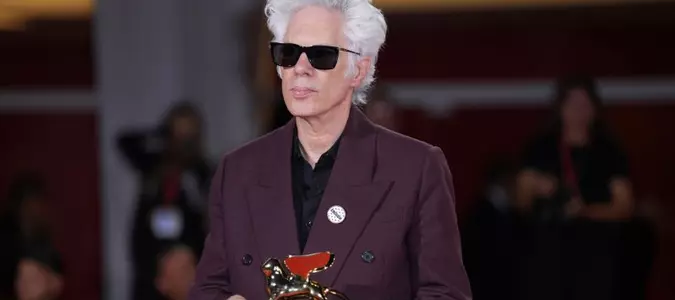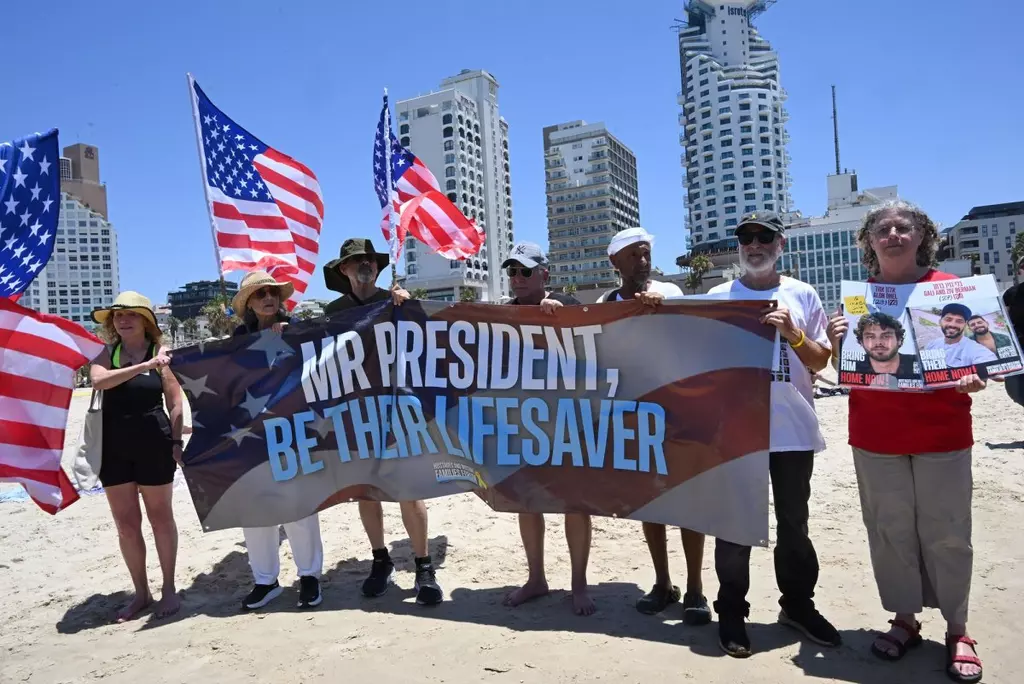

Trump: Some of 20 hostages held in Gaza may have 'recently died'
President Donald Trump said the U.S. is in "very deep negotiations with Hamas" for the release of Israeli hostages, though he believes some "recently died."

Sept. 6 (UPI) -- President Donald Trump said the United States is in "very deep negotiations with Hamas" for the release of Israeli hostages in Gaza, though he believes some of the 20 presumed alive might have "recently died."
On Friday, Trump did not disclose the source of his information, and Israel's military has not responded to the president's comments.
Israel has said it believes 47 hostages remain with 27 dead.
"It's 20 people but I think of the 20 there could be some that have recently died is what I'm hearing. I hope that's wrong," Trump told reporters at the White House's Oval Office. "We know that at least 30 people are dead, and we are negotiating to get them out.
"When you get down to the final 10 or 20, you're not gonna get them out unless you're gonna do a lot and doing a lot means capitulation."
About 250 people were abducted by Hamas and its allies when Israel invaded on Oct. 7, 2023.
Of those, 146 hostages have been freed or rescued. The remains of 83 hostages have been confirmed dead with some bodies recovered and others remaining in Gaza.
The Hostages and Missing Families Forum didn't comment on whether some hostage may have recently died but in a statement thanked him for "making every effort to fulfill his promise to bring them home."
On Thursday, Trump posted on Truth Social: "Tell Hamas to IMMEDIATELY give back all 20 Hostages (Not 2 or 5 or 7!), and things will change rapidly. IT WILL END!"
On Friday, Hamas released a video of two hostages being driven around Gaza City, where the Israelis are intensifying efforts to take total control of the city. Israel now controls 40%.
One of the hostages said he was among nine who would die if Israel takes over the city.
Escalated offensive
The families have been opposed to Israel's new offensive, which was approved by Prime Minister Benjamin Netanyahu's security cabinet on Aug. 8.
On Friday in the first escalated offensive, Israel Defense Forces bombed a high-rise apartment building near a tent encampment that officials said was being used by Hamas.
There originally were 2.4 million Palestinians on the Gaza Strip before the start of the war. Israeli officials say only 70,000 remain on the 141 square miles.
People were urged to leave the area and go to Khan Younis in southern Gaza.
On Saturday, Israel Defense Forces announced the designation of the humanitarian area "that will continue in cooperation with the UN and international organizations, in parallel to the expansion of the ground operation."
Hamas has told Palestinians to remain in the city and not go southwest because it is a "path to death," according to a post on Telegram.
"Every time people believed the 'safe zones' lie, it ended with bloody massacres," Hamas said Friday.
"I am staying in my home and will not be displaced again, until my last breath, even if it means death, because we are exhausted from displacement," Abu Yasser Al-Khour, a 51-year-old father of six, told CNN.
The International Red Cross also opposes the mass movement.
"Such an evacuation would trigger a massive population movement that no area in the Gaza Strip can absorb, given the widespread destruction of civilian infrastructure and the extreme shortages of food, water, shelter and medical care," ICRC president Mirjana Spoljaric said in a statement on Aug. 30.
Cease-fires
Hostage release is predicated on a cease-fire or an end to the war.
Last month, Hamas accepted a proposal from mediators from Qatar and Egypt for a 60-day cease-fire, with 10 of the living hostages would be released in exchange for a mass release of Palestinian prisoners.
Trump's special envoy, Steve Witkoff, in July presented a similar proposal to Israel, which has not been accepted. Instead, Israel wants Hamas to totally disarm.
Later in July, Witkoff and other negotiators pulled out of the talks.
"Hamas does not appear to be coordinated or acting in good faith," Witkoff said. "We will now consider alternative options to bring the hostages home and try to create a more stable environment for the people of Gaza."
Witkoff met in Paris on Thursday with Qatari officials.
Hamas and Israel had reached and signed an agreement in January that outlined three phases for a path to a permanent cease-fire. The first phase, which ended at the beginning of March, saw Israel and Hamas release captives, permitting of some humanitarian aid and the withdrawal of some Israeli forces from Gaza.
A total of 30 living hostages and 2,000 prisoners were freed.
Hamas rejected Israel's modifications to the deal and the cease-fire collapsed on March 18 when Israel broke the truce and launched a surprise massive airstrike and artillery campaign.
Trump warned about a worsening situation in Gaza.
"It's going to be nasty -- that's my opinion, Israel's choice, but that's my opinion," Trump said. "They gotta let them out."
Trump said he believes Hamas must be neutralized.
"You know, people forget October 7 -- it's not an easy thing to forget, right?" he said. "So, you know, you have to put that into the equation very strongly."
Approximately 1,200 people were killed in Israel on that date, including 736 civilians.
The Hamas-run Gaza Health Ministry said more than 64,000 Palestinians -- mostly women and children -- have died.
Sponsors of wrongful detention
An executive order signed Friday by Trump allows the U.S. to designate nations as state sponsors of wrongful detention.
The order didn't specifically mention Israel or the hostages, although several U.S. citizens were taken captive by terror groups and Hamas is already listed as a terror organization.


